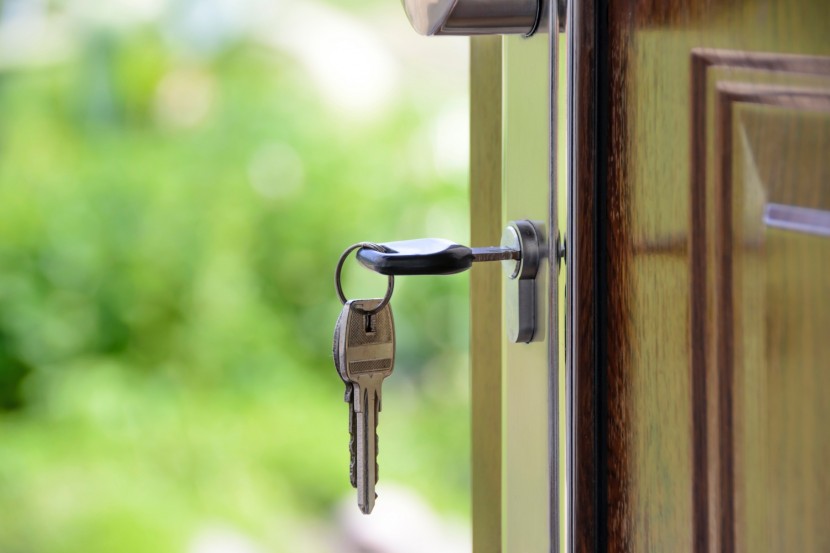
As the coronavirus pandemic continues so as the high unemployment, dwindling government support, and unknown future stimulus, landlords are suffering.
READ: Joe Biden's Inaugural Committee Solicits Donations up to 1 Million for Online Preferred Viewing Purposes
Maral Boyadjian, a landlord of Southern California, has built up an eight-home family real estate business that they as a couple rent out, for over 30 years.
In an interview, Boyadjian, said, "Some people spend their money on a bigger home or better car or travel, but we live modestly. Whatever money we can put together, we spend it on buying another single-family home to rent."
The rent income as a landlord from the family units covered the couple's expenses and earned income over the year. Not until the pandemic hit, tenants in three of their properties in the San Fernando Valley, couldn't afford to pay their rent for months. Though they are the landlords, they can't forcedly evict the tenants because of the extended state eviction moratorium until January 31, 2021.
Of their behind three tenants, one has settled to pay 25% of rent now, and the rest later. Boyadjian said she is glad to work with that tenant because there is a willingness to pay and an effort is being made. She's receiving something. The other two though, who have not paid any rent since August this year, leave her feeling like she's being taken advantage of.
She said, "Owning a property and collecting rent is my way of making a living. There has been no government aid coming my way. Our income has been sliced. We don't get unemployment."
ALSO READ: Trump Signs 2-Day Spending Bill to Prevent Government Shutdown, Stimulus Bill on Negotiations
Though she can still meet her financial obligations such property tax dues and insurance, et cetera, Boyadjian said, "We've been able to pay our mortgages, but we're really in danger of not being able to on two properties. This is not sustainable."
The Centers for Disease Control and Prevention put a national ban on evictions, to stop the spread of the virus. However, many landlords suffer as they still need to pay to maintain and finance their properties with less rent coming in and no option to eliminate non-paying tenants.
National Rental Home Council executive director David Howard said, "This is becoming a concern for landlords." Howard is an advocate of the single-family home rental industry. He continued, "With the eviction moratorium, you don't know what the next step is. There is no certainty about when you're going to get paid."
Howard added "The stories are heartbreaking for everyone -- people with medical problems or who have lost their jobs. But I don't see an eviction tsunami or an apocalypse coming. I think that message is coming from housing advocacy groups as a way to prevent any evictions."
Howard who advocates for rental assistance in the form of direct payments to landlords or payments to tenants earmarked for rent finds that there will be an incentive to support property owners and to keep tenants in safe housing, but finding the solution is tricky.
Of the rental housing industry, single-family homes account for half of it. Mom-and-pop landlords are the majority of those property owners, whom many are operating on razor-thin margins, relying on rental income to cover the property's costs and using what's left as their income.
Howard also said "The government is putting property owners in a situation where they are supposed to be the back-stop, and many will say, 'I can no longer afford to be in this business.'"








